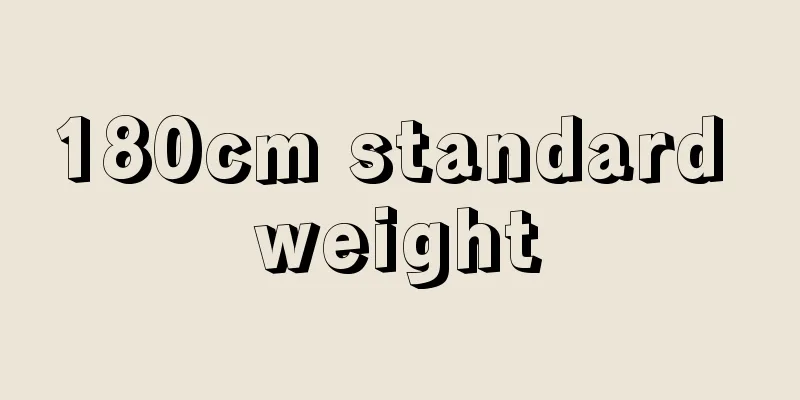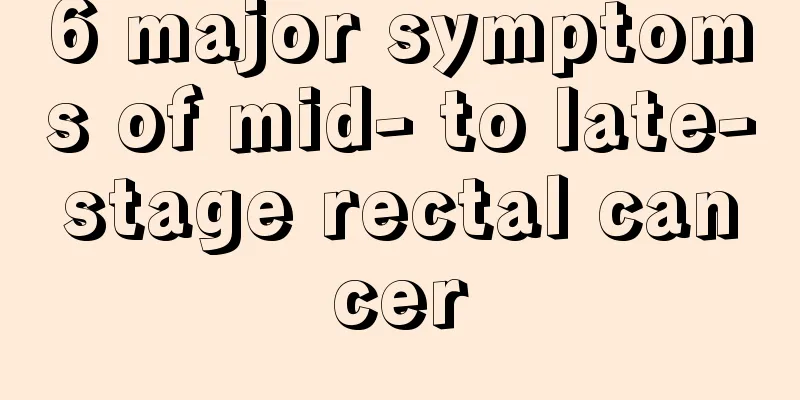What are the effects of ephedrine hydrochloride, and what are the benefits of ephedrine hydrochloride to the central nervous system

|
Ephedrine hydrochloride is a traditional Chinese medicine with white or crystalline powder symptoms. It is a commonly used medicine in the clinical treatment of bronchial asthma, whooping cough and other diseases. The drug ephedrine hydrochloride can also have a stimulating effect on the brain, so many athletes will take it before the game. However, according to the regulations of the Sports Law, athletes are not allowed to take ephedrine hydrochloride. Of course, ephedrine hydrochloride also has high medicinal value in clinical practice. Ephedrine hydrochloride has many benefits for the treatment of dysmenorrhea and the central nervous system. So what are the pharmacological effects of ephedrine hydrochloride? Let's learn about it together. Overview of Ephedrine Hydrochloride Ephedrine hydrochloride is white needle-shaped crystals or crystalline powder, which is the hydrochloride of ephedrine. It can be used for bronchial asthma, whooping cough, hay fever and other allergic diseases. It can also counteract the decrease in blood pressure and dilation of pupils caused by spinal anesthesia. It is also used for diseases such as myasthenia gravis and dysmenorrhea. It can also be used as a central nervous system stimulant. Taking ephedrine can significantly increase the excitement level of athletes and have great side effects on the athletes themselves. Therefore, this type of drug is a stimulant that is strictly prohibited by the International Olympic Committee. At the same time, ephedrine hydrochloride is also an important adjuvant in the production of methamphetamine and has been included in the management of precursor chemicals. In recent years, due to the frequent illegal buying, selling and purchasing of compound stimulants containing ephedrine for the manufacture of drugs, pharmaceutical preparations containing ephedrine hydrochloride have now been selectively replaced by receptor agonists. Pharmacological Action Effects on the central nervous system The central nervous system stimulant effect of ephedrine is much stronger than that of adrenaline. It can excite the cerebral cortex and subcortical centers, invigorate the spirit, shorten the duration of barbiturate hypnosis, and also excite the respiratory center and vasomotor center of the midbrain and medulla oblongata. Effects on the cardiovascular system (1) Effect on the heart: Ephedrine has a stimulating effect on the heart. Ephedrine enhances myocardial contractility and increases cardiac output. (2) Effects on blood vessels: Ephedrine dilates the coronary arteries, brain, and muscle blood vessels, increasing blood flow; it constricts the blood vessels of the kidneys, spleen, and other internal organs, as well as the skin and mucous membranes, reducing blood flow. (3) Effect on blood pressure: Ephedrine often causes an increase in systolic and diastolic blood pressure and an increase in pulse pressure. Its pressor effect is slow and lasting. Adverse Reactions Overdose can easily cause symptoms such as mental excitement, insomnia, restlessness, nervousness, tremor, etc. Patients with severe organic heart disease or receiving digitalis treatment may also suffer from unexpected heart rhythm disorders. Large doses depress the heart. The minimum lethal dose of ephedrine to many animals is 50-540 MLD (MG/KG). (1) Repeated use in a short period of time will gradually reduce the efficacy of the drug, which is called drug tolerance. However, as long as the drug is stopped for a few hours or 3-4 days, the original sensitivity to the drug can be restored. It can be seen from this that the number of medications per day should not exceed 3 times (taking 3 times is the normal number of medications), which can reduce the above-mentioned drug tolerance phenomenon to the lowest level. (2) Large amounts and long-term use may cause tremors, anxiety, insomnia, headaches, palpitations, tachycardia, sweating, and fever, so care should be taken to avoid large amounts and long-term use of this drug. (3) Elderly people and patients with prostatic hypertrophy may experience urination difficulties if they take the drug too much or for too long, so they should be careful to avoid excessive and long-term use. (4) This drug should not be used by patients with hyperthyroidism, hypertension, arteriosclerosis, angina pectoris, etc. (5) Taking this drug at night can cause central nervous system excitement and palpitations, so an appropriate amount of sedatives should be added to prevent insomnia. (6) Taking ephedrine can significantly increase an athlete’s excitement, making them tireless and able to perform beyond their normal level, but it also has significant side effects on the athlete himself. Therefore, this type of drug is a stimulant that is strictly prohibited by the International Olympic Committee. Although ephedrine hydrochloride has high medicinal value, its side effects are also very large. At the same time, patients with hypertension, arteriosclerosis and angina pectoris should not use this medicine. It can be said that ephedrine hydrochloride has many benefits, but it also has great harm. Therefore, if you need to take ephedrine hydrochloride in daily life, you must think twice. |
<<: What is Crohn's disease and what are the treatments?
>>: What to do with anorexia, the deputy team strategy for anorexia
Recommend
Why does it hurt after a week of ligament sprain
Ligament sprain is a very common disease. If you ...
Six tricks to quickly warm up your hands and feet
Many people have cold hands and feet in winter, a...
How to remove moles without leaving scars?
Everyone has more or less moles on their skin, ju...
Metronidazole tablets treat periodontitis, pharmacology is the most important
Metronidazole is indeed effective in treating per...
Can I have a child during prostate cancer?
Prostate cancer is a common male disease that cau...
Early symptoms of LgA nephropathy
LgA nephropathy is a type of kidney disease that ...
Is blood pressure between 66 and 106 normal?
There are many indicators for evaluating physical...
What kind of blood can be transfused for AB type blood
AB type blood can usually be transfused with AB t...
What does sinus rhythm t wave change mean
If the examination finds changes in the sinus rhy...
How long does it take for bladder cancer to recur
There are many treatments for bladder cancer, and...
How to quickly recover from a tanned child
Children's skin is relatively delicate. If th...
Can I eat durian after drinking red wine?
You can eat durian after drinking red wine. These...
What are the bad habits that destroy immunity
I have been feeling weak and powerless recently, ...
Use white sugar for tongue ulcer
Tongue ulcers or lip ulcers are common occurrence...
What are the symptoms and dangers of intestinal polyps
When there is a problem with our intestines, the ...









